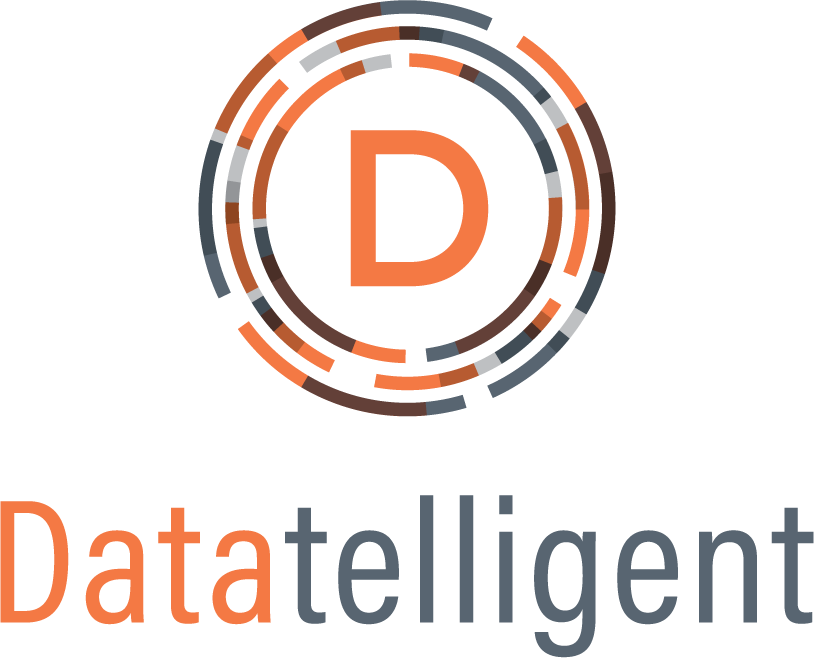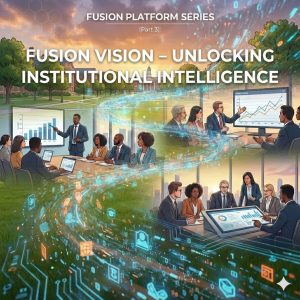I had the opportunity to attend Educause’s 2022 annual conference, which brought together IT leaders, technology professionals, and campus stakeholders in the higher education community. I was overwhelmed with the amount of excitement, ingenuity, and creativity on hand—whether in the breakout sessions, panel discussions, or hallway conversations and meetings, I came out of the conference energized and ready to tackle 2023.
But what has gotten me so excited? It’s the untapped opportunity we have to harness data to improve student retention, academic success, student financial health, student LMS engagement, and learning outcomes.
And there was one statement that kickstarted this train of thought:
During a panel discussion, one of the speakers stated that early in the semester, a large number of their students had not even been to class. Many hadn’t even been to the cafeteria.
What does this say about student success? Or their journey?
It brought me back to some ideas that have been on my mind. We need to start applying the lessons learned in other industries to our work in higher education.
I spent a big part of my career working with financial institutions. The number one topic is always customer retention: understanding a customer’s journey within the financial institution, working to retain them, and knowing the triggers that might cause them to leave.
The way to help hold on to that customer is by making your relationship more sticky, which can be accomplished by:
- Establishing a solid relationship with that customer and helping with their financial needs
- Cross-selling to that customer. The more services you provide, the less likely they are to leave.
- Understanding not only the individual customer but their whole household
When I think about the word retention in higher education, I see parallels from other industries. And I see opportunities to apply those learnings in new and innovative ways using data.
I see retention as the byproduct of student success. If we better support the student’s journey from the point of enrollment, their persistence/retention is far more likely.
Having a data-first approach is essential to making this a reality. Colleges and universities that have built a solid data analytics foundation are able to better understand the student journey by stitching together data from disparate systems. This unification of data helps identify broad macro trends and also addresses student needs at the individual level. They are able to pinpoint early warning signs and begin intervention efforts to address issues before they are catastrophic.
For example, we at Datatelligent have been working with numerous colleges and universities to develop Student Success & Retention Solutions that integrate data from throughout the institution — academics, housing, student financial health, etc. — and help identify at-risk students. The solution’s dashboards are highly visual and easy to use, allowing advisors and other staff members quick and efficient access to information essential to improving student success.
These analytics dashboards empower staff to intervene at the student level and help them identify broader trends or issues. School administration is now armed with the information they need to make data-driven decisions, can spend less time cobbling together reports, and can allocate their time to improving the student experience at their schools.
Learn more about Datatelligent’s Student Success & Retention offerings and see how our clients are using this custom solution to identify and retain at-risk students.
Visit www.datatelligent.ai for more information on our higher education offerings and learn how our clients are becoming data-driven.




